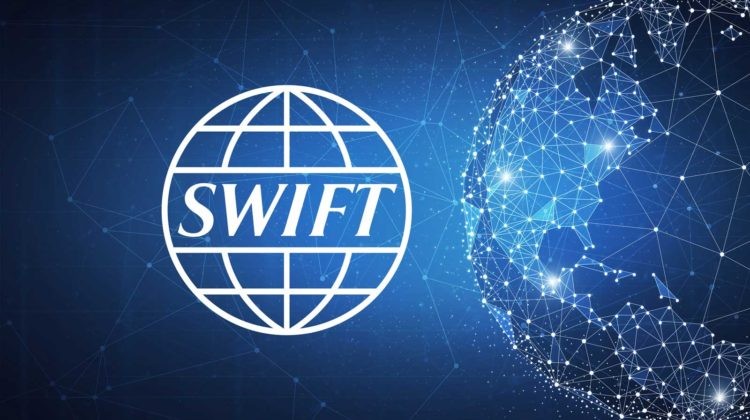
The EU is preparing to disconnect Gazprombank, Alfa-bank, Rosbank and Tinkoff Bank from SWIFT. Such a measure is being discussed as part of the eighth package of sanctions for the annexation of Kherson, Zaporizhzhia and Donbass by Russia, writes EUObserver.
Currently, sanctions against the remaining Russian banks from the 27 EU countries are supported by Poland, Estonia, Latvia, Lithuania and Ireland, which joined them. The 9-page list of proposals also includes bans on diamond imports, nuclear energy cooperation, the transfer of EU or US cash notes and the sale of real estate to Russians.
In the IT sphere, sanctions may affect Kaspersky Lab technology and prohibit European companies from working with Russia. In the field of propaganda, the ban on broadcasting of three Russian TV channels (NTV Mir, REN TV and ‘Russia 1’), as well as six Internet channels (‘NewsFront’, ‘Southern Front’, ‘Katekhon’, ‘Strategic Culture Foundation’, ‘Fondsk’ is being discussed ” and “InfoRos”).
The sanctions could affect the financing of lobbying companies and non-governmental organizations in the EU, all those who help circumvent sanctions against Russia and a dozen high-tech products that will no longer be exported from the EU to Russia (including smartphones, radar equipment and laser devices).
The discussion of the eighth package of sanctions intensified after the start of fake referendums in Kherson, Zaporizhia and Donbas, the purpose of which is the annexation of the territories of Ukraine occupied by Russia. According to diplomats in Brussels, the minimum the EU will do is to blacklist officials involved in the referendum, as well as expand financial sanctions on several Russian banks and ban the supply of some high-tech products.
Disconnecting Gazprombank from SWIFT will have far-reaching consequences, since it is through it that payments for the export of Russian gas are made. Hungary has repeatedly vetoed EU decisions in the field of energy. France, Germany, Italy, Austria, Cyprus and Greece may also oppose it.
The current version of the sanctions is more of a road map for further actions than a list of real demands that will be accepted in response to the annexation, EU sources say.
‘This is rather a document for reflection, which shows the direction of movement,’ the EU representative noted.

